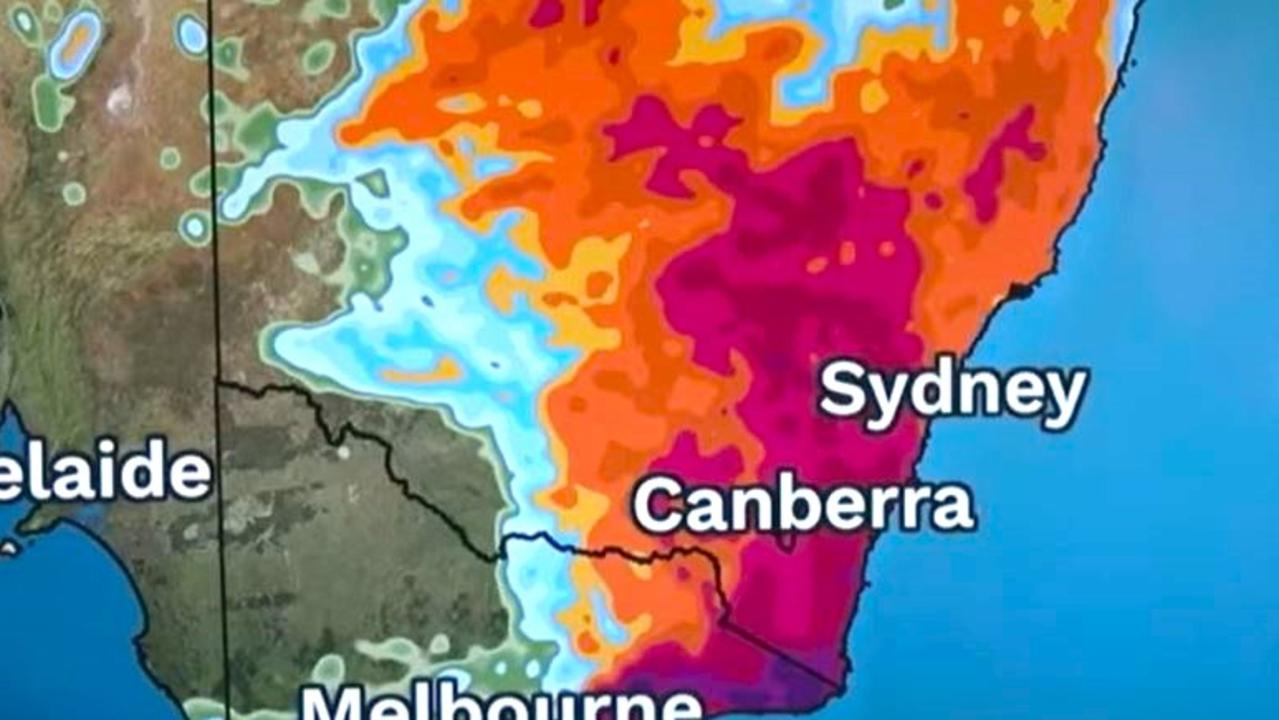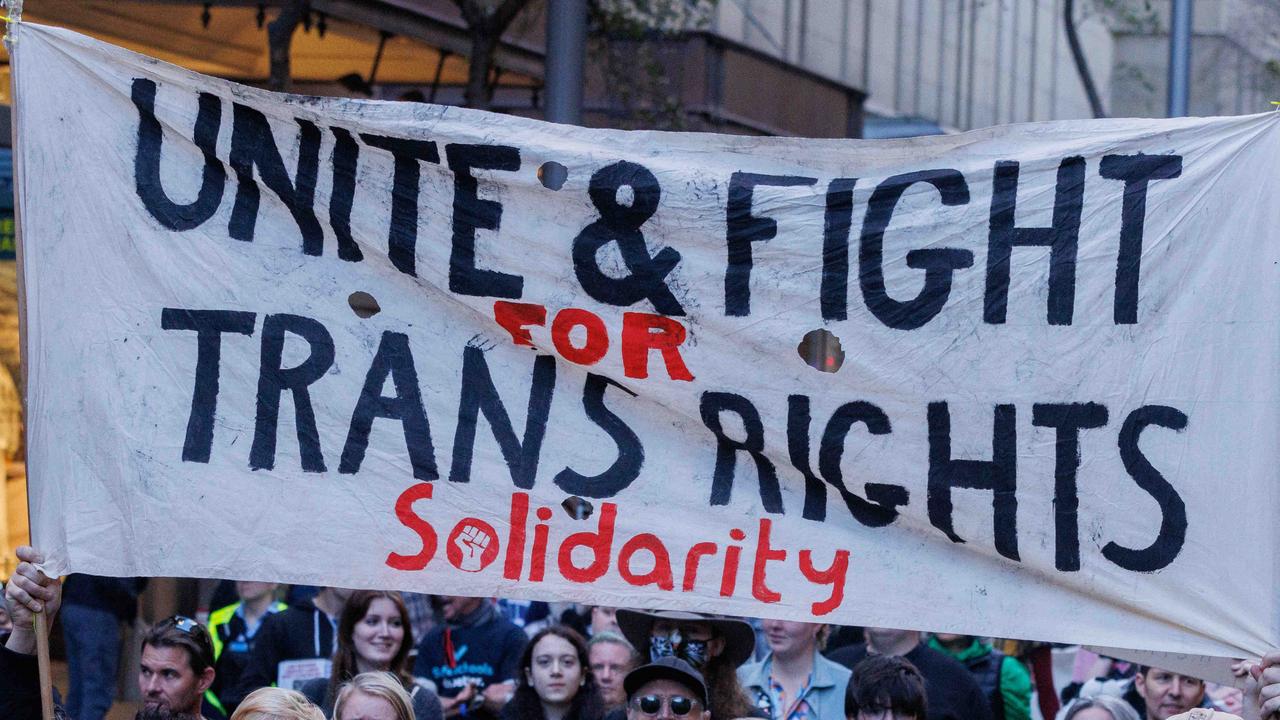Report calls for ‘line in sand’ over condemnation of our elite troops
The military has been issued with a stark warning about the fallout from a small number of special forces soldiers who are being investigated for war crimes dating back a decade.
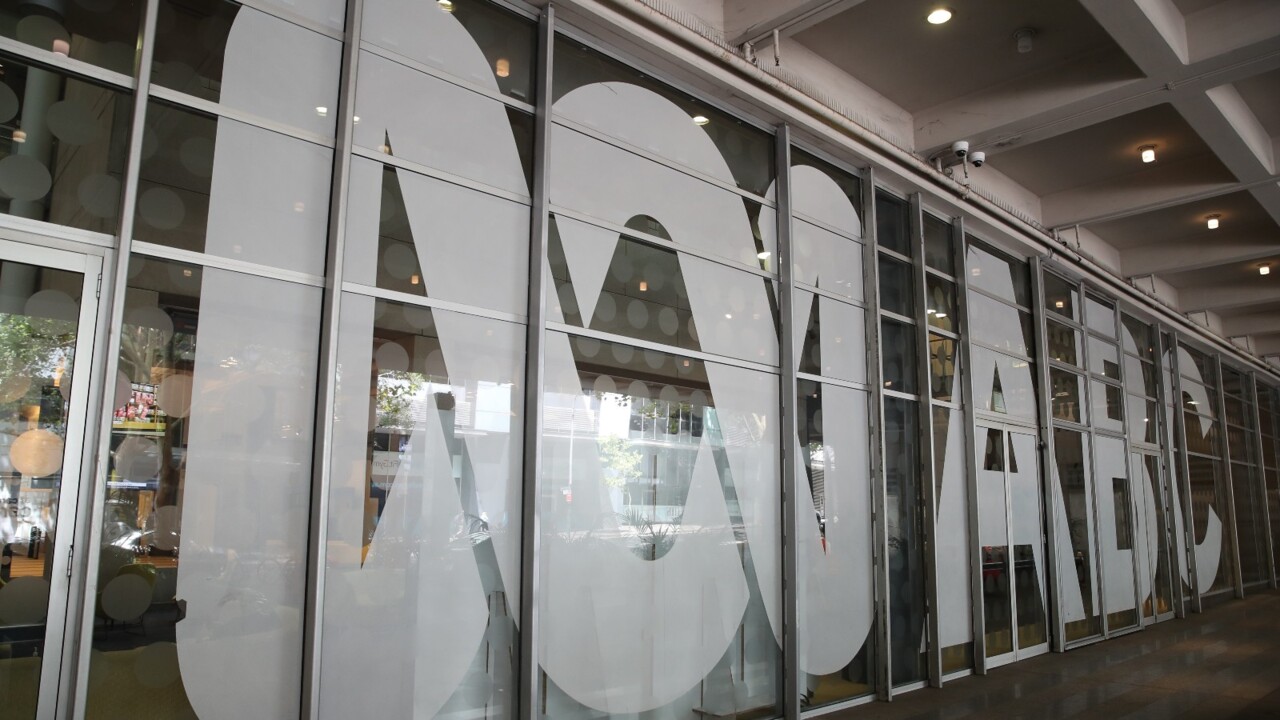
Australia risked creating “another Vietnam” through its continued condemnation of its elite Special Forces at a time the military was already seeing more troops quit than join.
And the near persistent use of the ADF as a “shadow workforce” for domestic disasters because of slack State and Territory governments was creating new opportunities for potential adversaries to exploit our defences.
They are among the findings of a parliamentary inquiry tabled Thursday into the most critical issues with direct consequences to national security capabilities as identified by the Defence Strategic Review released earlier this year.
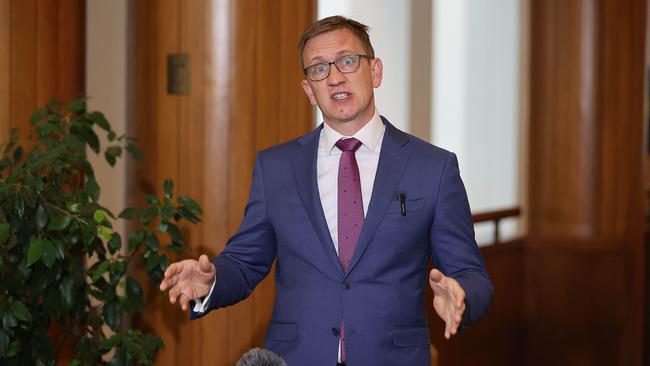
Among the concerns reviewed by the Joint Standing Committee on Foreign Affairs, Defence and Trade was the constant maligning of our nation’s elite soldiers, a small number of whom are being investigated for alleged war crimes in Afghanistan more than a decade ago.
Defence subcommittee Chair Julian Hill said Australians rightly expected public institutions to confront wrongdoing, individuals to be held to account and leaders to take responsibility.
Evidence gathered showed there had been meaningful structural and cultural change for the better and the SAS regiment accepted the failing of a few.
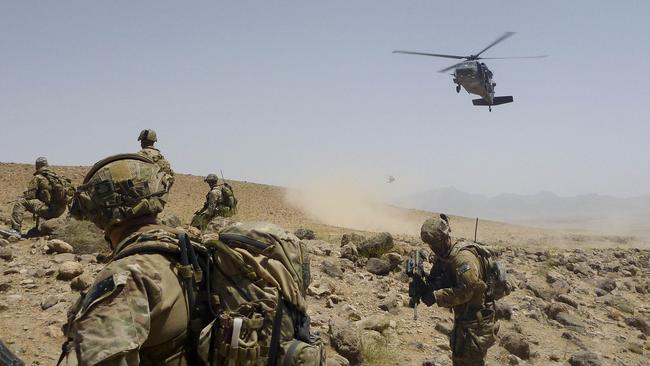
But the process of holding them to account for events more than 10 years ago had been wrongly allowed to collectively malign all troops today and that needed to stop.
“Frankly speaking, it is time to draw a line in the sand and rebalance our national conversation about this period,” Mr Hill concluded in his report forward.
“Most Australians who served in Afghanistan did so with distinction. SASR has a proud history, has accepted responsibility, sought to learn from past cultural failings and transformed. As a society, Australia risks repeating another Vietnam and callously increasing Veteran suicide if we lose perspective and balance.”
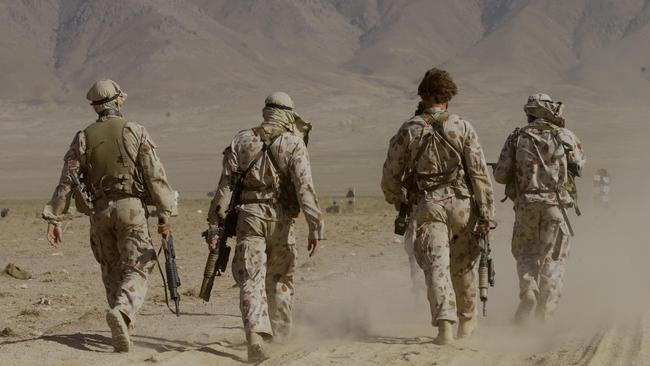
He added: “Past failures of course in any human endeavour must be kept in perspective and need not define an institution or every individual provided that change has occurred.”
The report highlighted how Defence had deployed half of its workforce, more than 35,000 personnel from a workforce of 62,000, since the 2019/20 Black Summer bushfires.
In the public version of the report it flagged, but did not name, certain States and Territories had not adequately resourced or increased their own capabilities, community resilience and responses.
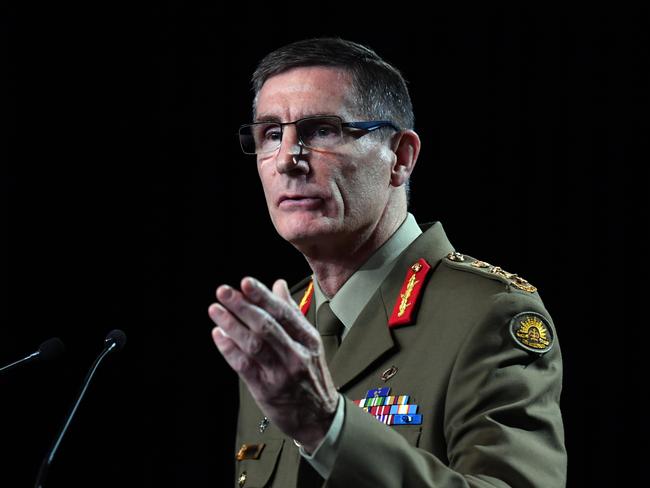
But Mr Hill concluded Defence had to be the last line of defence not first choice.
“There is a real risk now that the ADF’s warfighting capabilities will soon be degraded,” the report concludes. “This problem is compounded as it is occurring at a time when geostrategic competition is challenging the rules-based global order and in which rapidly increased strength is essential to deter conflict. Concurrency pressures are also creating new opportunities for potential adversaries and malign actors to exploit these vulnerabilities via information operations and hybrid warfare.”
It praised Defence for overhauling its recruitment processes but revealed it was already behind targets set last year.
More Coverage
Originally published as Report calls for ‘line in sand’ over condemnation of our elite troops



